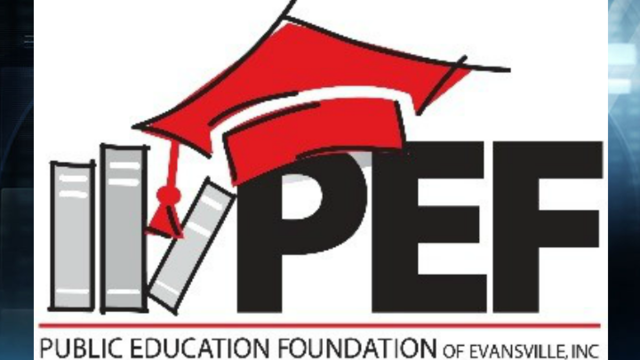One of the Midwest’s highest-rated kidney transplant programs is now using telemedicine technology to expand its reach across Indiana, making it more convenient for Hoosiers who live in underserved areas of the state and surrounding areas to get the specialized care they need.
This month, St. Vincent will begin seeing patients at two new kidney transplant telemedicine outreach clinics – one at St. Vincent Anderson (June 6) and the other next to the campus of St. Vincent Evansville (June 14). The Indianapolis-based transplant program’s telemedicine-equipped satellite clinics are designed to make it easier for patients to consult with St. Vincent transplant surgeons, specialists and social workers for their pre-surgery tests and evaluations – all without leaving the comforts of their home communities. The appointment-only outpatient clinics will benefit adults and children on both sides of a kidney transplant operation – living donors and transplant recipients.
Here’s how the clinics work: A multidisciplinary team from the St. Vincent transplant center in Indianapolis travels to the outreach clinics to consult with each patient in-person. For their initial visit, patients will receive a full pre-surgical evaluation including a physical exam. From there, the on-site specialists will use telemedicine technology for real-time teleconferencing with a transplant physician and the rest of the kidney transplant team stationed at the St. Vincent transplant center in Indianapolis. Additional testing will be completed at St. Vincent’s Anderson or Evansville hospitals.
“The idea is to make transplant-related care more convenient and accessible for patients who live farther away and to make sure everyone is on the same page about each patient’s tailor-made treatment plan,†said St. Vincent Abdominal Transplant Program Executive Director Mary Ann Palumbi, RN. “Thanks to the telemedicine technology in our clinics, patients who live outside of our immediate coverage area can receive care closer to home and would only have to travel to Indianapolis for their transplant surgery and all initial post-transplant follow-up care.â€
Before the arrival of these outreach clinics, a patient’s experience of traveling to St. Vincent’s Indianapolis-based transplant center for all of their preliminary tests could take up a significant part of their day and involve hours of travel. Now, by expanding its services to underserved pockets of the state via telemedicine, the St. Vincent transplant team can help save patients from unnecessary long drives and, ultimately, help to save more lives.
“These clinics are major time-savers for our patients, some of whom would’ve had to travel a few hundred miles to get to us,†said Palumbi.
The new clinics are also an important part of a larger effort to make healthcare more accessible for patients. “The St. Vincent telemedicine outreach clinics are a testament to the kind of virtually enabled care that we strive to deliver across our more than 2,500 sites of care in 24 states,†said Chris Young, vice president of New Virtual Market Development and Incubations for Ascension, the nation’s largest nonprofit and Catholic health system of which St. Vincent is a part. “The expansion of our telemedicine technology will ensure that we deliver on our promise of compassionate and personalized care to those who trust us with their care.â€
In addition to its telemedicine outreach clinics in Anderson and Evansville, St. Vincent offers kidney transplant screening clinics serving patients in Portage (northwest Indiana) and Richmond (east Indiana).Â
The St. Vincent Abdominal Transplant program has some of the best transplant outcomes in the Midwest. St. Vincent has the shortest average wait time for kidney transplants (less than three years) and the best rates of transplant success, mortality and graft survival compared to other kidney transplant programs in Indiana, according to the latest data from the Scientific Registry of Transplant Recipients (SRTR). The program’s transplant success and mortality rates are also significantly better than the national average.
To request an appointment at the St. Vincent transplant clinic nearest you, call 1-866-810-2449. For more information about organ transplant services at St. Vincent, visit https://www.stvincent.org/services/transplant-kidney-and-pancreas/kidney-and-pancreas-transplant/#report





